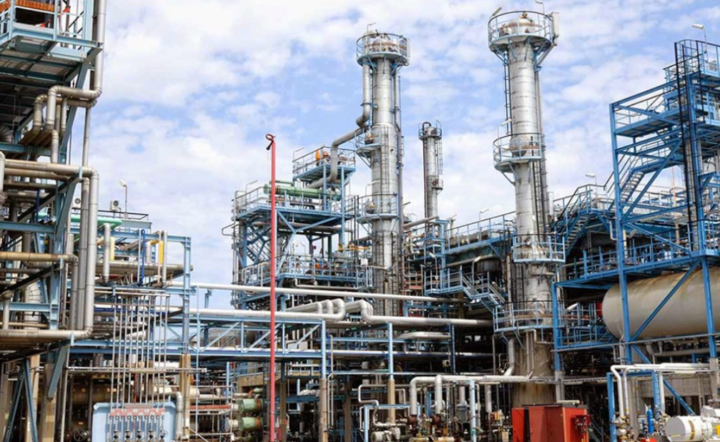Fuel marketers and industry stakeholders are experiencing mounting difficulties as the shutdown of the Port Harcourt Refinery drags on, leaving many without access to refined petroleum products and deepening financial strain across the downstream oil sector.
Though officially labeled as a routine maintenance exercise, sources within the host communities and petroleum product retail associations have described the ongoing refinery shutdown as a cover for deeper issues, including a lack of crude oil supply to the facility. According to them, the Port Harcourt Refinery had already ceased operations weeks before the formal announcement of maintenance due to an alleged scarcity of crude feedstock.

Retailers and small-scale fuel distributors in Rivers State and neighboring regions have lamented the prolonged closure, pointing to increased operational costs and reduced product availability. Many now rely entirely on imported fuel products, which come at a higher cost and often require navigating complicated logistics and foreign exchange challenges. The situation has led to a notable increase in pump prices and transportation fares, further compounding the hardships faced by ordinary Nigerians.
Community leaders in areas surrounding the refinery, particularly Eleme and Okrika, have expressed frustration over what they see as a deliberate attempt to marginalize the state-owned refinery in favor of newer private sector refineries. They argue that the continued inability of the facility to function effectively is part of a broader effort to shift market dominance to private players, potentially undermining the long-standing public infrastructure.
Representatives of petroleum marketers allege that even before the shutdown, the Port Harcourt Refinery was operating far below capacity and producing only diesel, with no capacity to refine petrol. They say this inability to meet demand has crippled local supply chains, left marketers in debt, and deprived them of reliable sources of product procurement.
The continued non-availability of petrol and other refined products from the refinery has forced many marketers to turn to importers or major private refiners. While some of these suppliers offer competitive pricing, others have taken advantage of the situation, further squeezing the profit margins of retailers. In some cases, this has led to closures of filling stations, particularly those unable to secure regular supplies or manage the rising costs.
Local marketers also claim that rather than receiving direct support or intervention from relevant authorities, they have been left in the dark with no clear communication on when operations at the refinery might resume. The lack of a transparent roadmap for resuming production has only fueled concerns that the shutdown could become indefinite, much like the fate that befell the Warri and Kaduna refineries in the past.
Meanwhile, some industry experts believe the situation exposes deep-rooted inefficiencies in Nigeria’s refining sector, where billions have been spent on repairs and maintenance with little to show in terms of sustained output. They argue that without fundamental reform, including proper management and accountability, state-run refineries may never return to full, reliable production.
In the interim, the burden has shifted to fuel importers and newly commissioned private refineries, but these alternatives do not guarantee a solution for small marketers. Many lack the capital, logistics, or market leverage to compete or collaborate with larger players, leaving them at a disadvantage in an increasingly volatile market.
The economic impact of the refinery’s inactivity is also being felt more broadly. Transportation costs have risen in key cities due to fuel scarcity, pushing up the prices of goods and services. Small businesses, already grappling with inflation and currency depreciation, are seeing operating costs surge due to more expensive diesel and petrol.
Host community groups have issued warnings that the continuous neglect of the refinery and failure to resolve its challenges could lead to unrest or industrial action. They insist that the facility is vital not only for local employment but also for stabilizing Nigeria’s domestic fuel supply.
Government representatives have maintained that the refinery will resume operations once maintenance is complete, but industry watchers remain skeptical. With no publicly available timelines or detailed updates, many believe the Port Harcourt Refinery may remain idle unless there is political will to address its core structural and operational issues.
As the shutdown persists, petroleum marketers and their communities continue to bear the brunt of the disruption. Unless concrete steps are taken to restore crude supply, revive production, and ensure that state-owned facilities are not sidelined in favor of private interests, the economic toll on both marketers and consumers may deepen further in the months ahead.
Support InfoStride News' Credible Journalism: Only credible journalism can guarantee a fair, accountable and transparent society, including democracy and government. It involves a lot of efforts and money. We need your support. Click here to Donate
